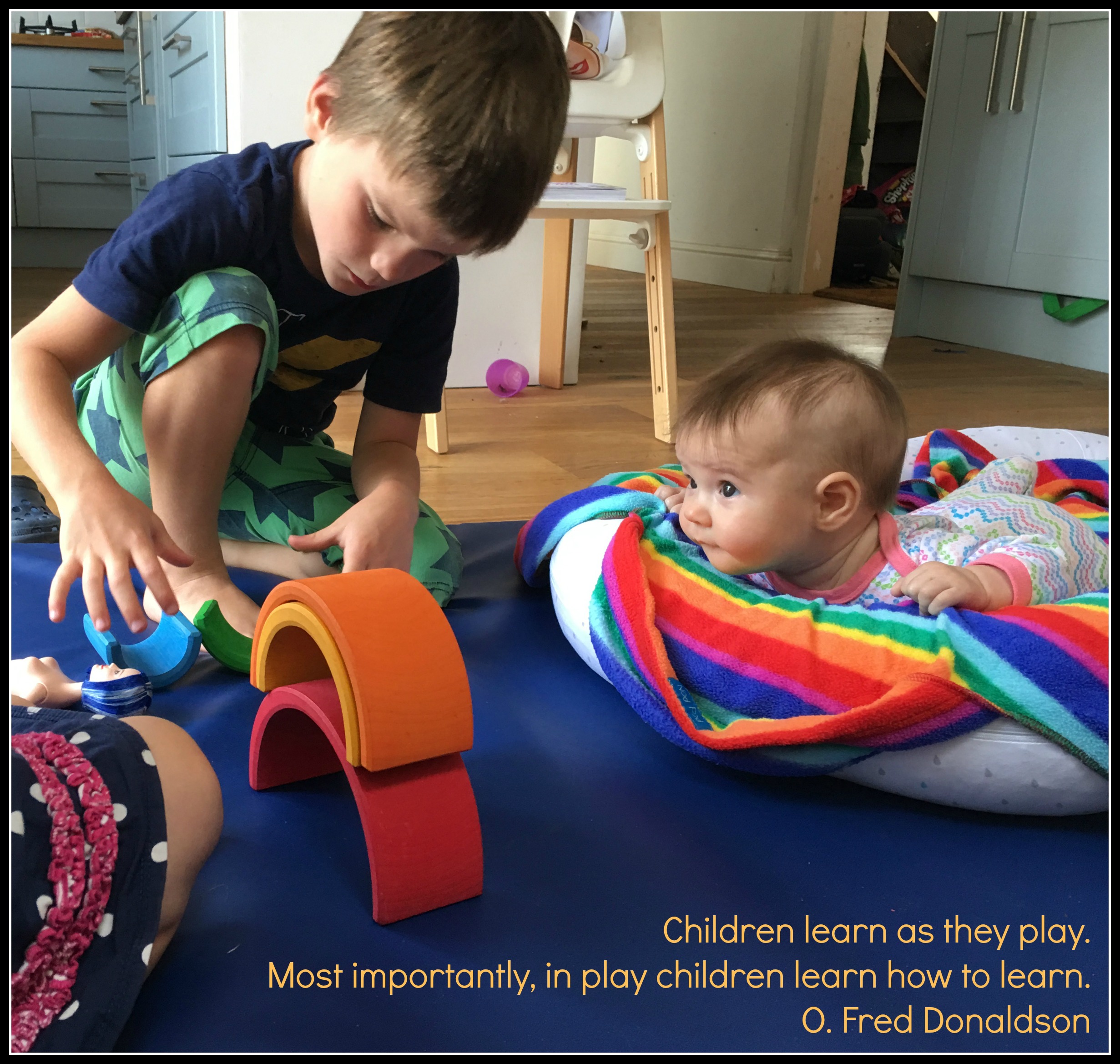This is a sponsored post

Most parents are keen for their children to succeed in school, but many do not realise that their support is of the upmost importance, no matter what year group the child is in. In fact, lots of research and studies have found that the more input and involvement parents have in their child’s education, the better the child performs. This is most likely because they feel they have someone to impress. With this in mind, you may be wondering what you can do to show your child that you support them in their education? Read on for some tips from a prep school in the South West.
One simple way to show your child you care is by chatting to them each day about school. Don’t ask the same old questions every day but try and get as much information out of them as you can about their lessons, teachers, homework and anything else relevant. Open questions are your best bet because they require more than just a one word answer, which will encourage your child to open up. These chats will also encourage your child to share anything that might be bothering them at school, like a bully or a subject they’re finding particularly difficult. You can then deal with the problem accordingly.
You should also try and attend any events at your child’s school, like sports day and school plays. Get yourself a calendar and add these important dates so that you don’t forget. Essentially, the trick is to emphasise the fact that you are interested in your child’s achievements both academically and in an extra-curricular sense, so that they continue to try and make you proud. Another way to show you care is by sticking art work and certificates to the walls or fridge as a way of showcasing your child’s achievements.
You’d be wise to build a strong relationship with your child’s teacher, not only so that your child can see how much you care about their education but also that you can understand the curriculum a little better. The teacher will appreciate and respect your involvement, as most parents only talk to them at parents’ evening. In knowing what your child is learning about each term, even if it’s just on a basic level, you can be more selective about what activities you choose to do with your family during evenings and weekends. You can tailor these activities so that the explore elements of your child’s curriculum.
Always lead by example and try and encourage your child to be organised. For instance, you could help them create a study schedule so that they know which subjects to prioritise in preparation for their exams. You should also ensure your child follows a regular routine, packs their school bag before bed and eats a hearty breakfast before leaving the house.
No matter how hard you try, you cannot fully guarantee your child’s success in school. However, as a parent you can always do your best to try and guide your child in the right direction. Don’t be afraid to seek professional support should you require it.

